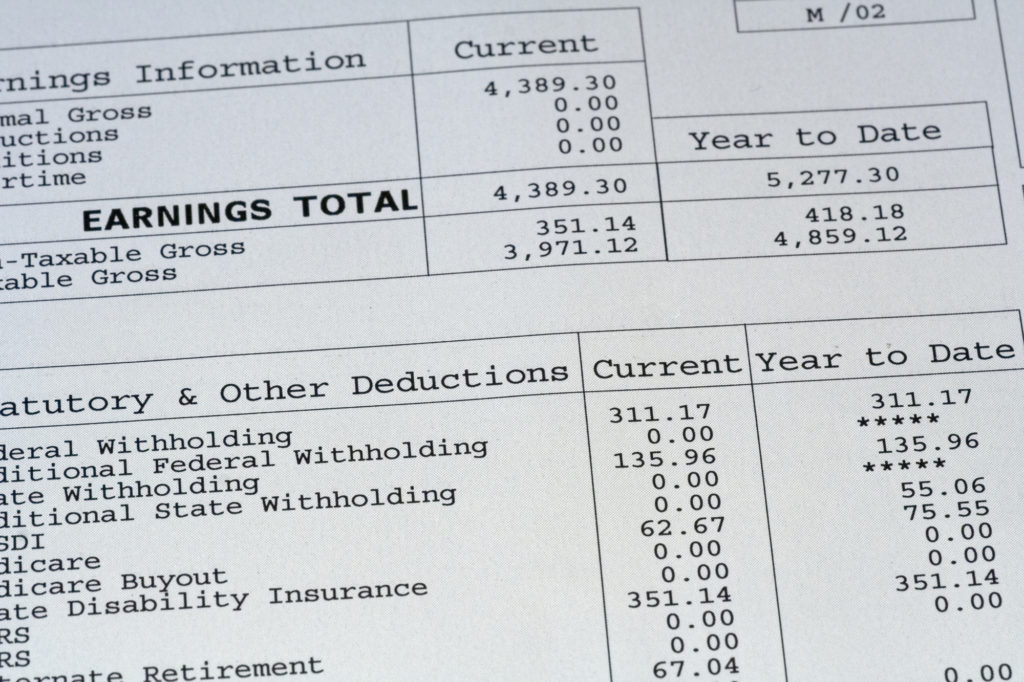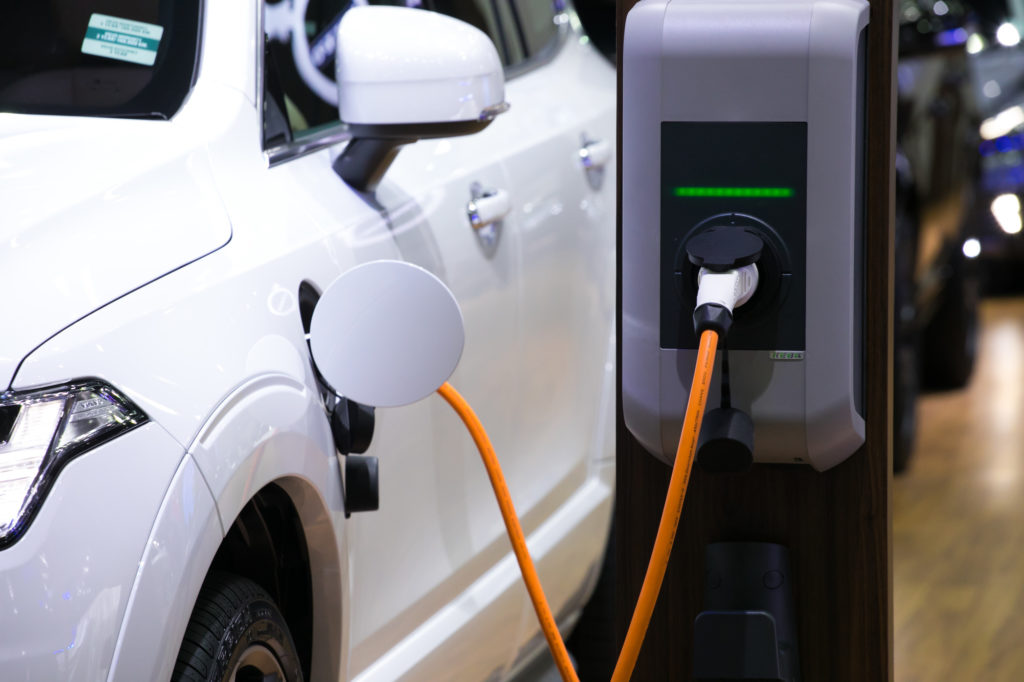
Legal matters should be approached with all the thought and consideration in order for you to maximize the chances of reaching the desired outcome. No matter which path you take, a lawyer will surely be of assistance to you. For educational purposes only, we’re going to go through the pros and cons of each, so you’ll be equipped with the knowledge of what you can expect.
The pros of settling
If you decide to settle out of court, there’s probably going to be much less stress involved. The amount agreed on will be clearly and transparently laid out for everyone to see, and you’ll also be able to get your hands on it much faster then letting the case escalate to court. Typically, this shouldn’t be more than a month or so. The legal fees won’t be as high; for example, if you’ve been injured in a car accident, you won’t need to hire an automobile accident lawyer to represent you in court.
The cons of settling
Unfortunately, the negative side of settling outside of court is that you potentially won’t get compensated as much. Furthermore, the defendant is under much less pressure to admit to any wrongdoing on their part. Also, settling out of court tends to be much more private than letting things escalate, which might be a bad thing if your aim is to expose those who have wronged you.
The pros of going to trial
Going to trial means that you’re going to get multiple people involved; the judge, the jury, the attorneys, the witnesses… and the list goes on. If you believe you stand a good chance of winning, this may be worthy of pursuing, since the monetary compensation you can expect tends to be much greater than what you could ever hope to get by settling outside of court. If the jury decides in your favor, the defendant will get some bad publicity, which could yield plenty of personal satisfaction if this is what you’re aiming to achieve.
The cons of going to trial
The obvious con of going to trial is that the end result is uncertain and that nothing is guaranteed. Even if things look good for you on paper, you may still end up losing the legal battle. Furthermore, a lot of time can pass before reaching the resolution, which – apart from being a psychological burden – also means a hefty amount of legal fees. The longer the trial, the more expensive it can get. Finally, the inherent public nature of trials could be also viewed as a con if you’d rather see your legal battles stay private.
Conclusion
As you can see, you simply cannot interpret the world in terms of black and white, since everything has its positive and negative sides. This is especially true for legal matters. However, by understanding the pros and cons of settling versus going to trial, you’ll be in a much better position to take the best possible route in a given situation. No matter what you choose, however, you should always consult an attorney before proceeding.



